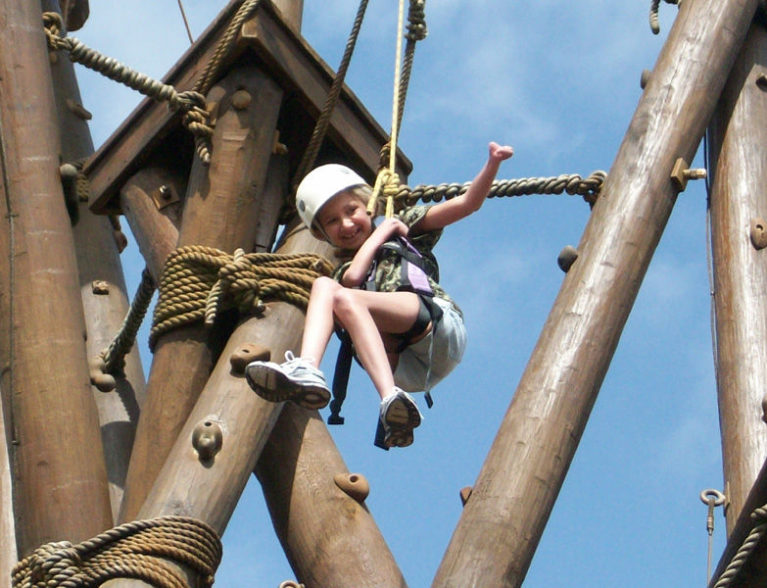
Twice each month, Dr. Paul Dell puts his home base at the University of Florida’s Shands Hospital in the rear view mirror and starts the 200-mile trek south to the Sebastian River Medical Center.
He’s been making these trips for the past 18 years.
What started out as a social visit to a friend here on the Treasure Coast quickly evolved into regular road trips because, simply stated, there were no other hand, wrist and elbow specialists serving this area.
Today, the septuagenarian surgeon still makes those twice-monthly excursions to perform delicate and frequently life-changing surgeries in Sebastian.
The self-effacing Dell, who sometimes refers to himself as “just a repair guy,” earned his medical degree at the University of Florida. He also completed a residency in orthopedic surgery there before going on to a fellowship in hand surgery at Boston’s Massachusetts General Hospital and then a fellowship in microsurgery at the Duke University Medical Center.
Not many “repair guys” can boast credentials like that. Even fewer put their credentials to work in so many ways.
Over the years, Dell has been a mentor, instructor, professor and the chief of hand and microsurgery in Gainesville. He has also been an orthopedic consultant for the Florida division of children’s medical services and for the past 15 years, he has run a camp for children with hand injuries and congenital deformities, their parents and their siblings.
“Hands to Love Camp” is Dell’s creation and its motto mirrors this surgeon’s buoyant can-do personality: “Difference does not equal disability.”
Dell’s eyes light up as he talks about the “H2L” camp as an impish smile comes across his face. Held each spring at Camp Crystal Lake in Starke, FL, just outside Gainesville, it is staffed by volunteer medical professionals drawn by Dell’s dedication and their own desire to help. The camp offers a wide variety of activities including archery, golf, rope climbing, canoeing, kayaking and arts and crafts sessions as well as support groups, seminars and counseling sessions for both parents and siblings. There is no charge for attending the three day event.
85 campers attended this past spring’s camp and Dell is quick to add it is open to anyone in the state. The “H2L” camp’s web address is: http://www.handstolove.org/hand-camp.
When it comes to talking about his day job, however, Dell quickly adopts a more matter-of-fact approach.
“The principal things we see in this area,” explains the now professorial Dell, “are traditional age-related disorders of the hand. That would include osteoarthritis, carpal tunnel and a modest amount of rheumatoid arthritis.”
The American Society for Surgery of the Hand defines osteoarthritis in the hand as “a degenerative joint disease in which the smooth cartilage that covers the bone surfaces at the joints either is injured or wears over time. A normal joint is made of two smooth, cartilage-covered bone surfaces that fit well together so that they glide when the bones move. If the smooth surfaces wear out, then they no longer fit together and arthritis develops.”
Carpal tunnel syndrome is “a hand and arm condition that causes numbness, tingling and other symptoms,” according to the Mayo Clinic. “Carpal tunnel syndrome is caused by a pinched nerve in the wrist. Bound by bones and ligaments, the carpal tunnel is a narrow passageway located on the palm side of the wrist that protects a main nerve to the hand and the nine tendons that bend the fingers. Compression of the nerve inside that tunnel produces the numbness, tingling and, eventually, severe hand weakness.”
Rheumatoid arthritis, meanwhile, causes pain, swelling, stiffness and loss of function in the joints of the wrist and fingers and can attack other parts of the body as well, including the eyes, mouth and lungs. The U.S. National Library of Medicine at the National Institutes of Health says women are more susceptible to this than men, but children and young adults can also develop this debilitating strain of arthritis.
Often medications or lifestyle changes can relieve the symptoms of such hand, wrist and elbow problems, but when surgery is required Dell’s experience and detailed knowledge of the mechanical structure of these multi-faceted body parts make him the go-to-guy for many in this area. He has a long familiarity with all the 27 bones, the tendons, the muscles and all the “moving parts” of the hand.
The hand, explains Dell, “is obviously a complex organ in terms of its motions with its almost universal joint at the wrist, and it is an organ that endures quite a bit of stress as we use it in our normal daily routine. It’s also one of our sensors but what’s exciting about the hand is its intricate anatomy. There are very few other areas (of the body) that are so intricate.”
While Dell claims to be an old-school surgical guy, he admits he has adopted modern endoscopic surgical techniques and he is a huge proponent of post-operative physical therapy. Over the years he has developed a list of certified therapists he recommends including Vero Beach’s Roslyn Evans, Sebastian’s Sandra Zanetti and Melbourne’s Susan Hale.
Once again downplaying his own contribution to recovery, Dell continues by saying, “I think the surgery itself is a technical exercise but the results are highly reliant on the patient’s enthusiasm to do their therapy.”
Looking into the not-too-distant future Dell sees new injectable drugs, advances in regenerative stem cell medicine, skin substitutes and tendon reconstructions as aiding patients greatly and claims, “the final frontier,” will be the ability to repair nerves.
Will Dell still be practicing when that final frontier is crossed?
Probably.
Or, as Dell puts it, “I’m going to retire when it’s no longer fun,” and judging from the grin on his face, that won’t happen anytime soon.
Dr. Paul Dell has an office in Gainesville at 3450 Hull Road, Room 3341. To reach Dr. Dell’s office, call 352-273-7374.



